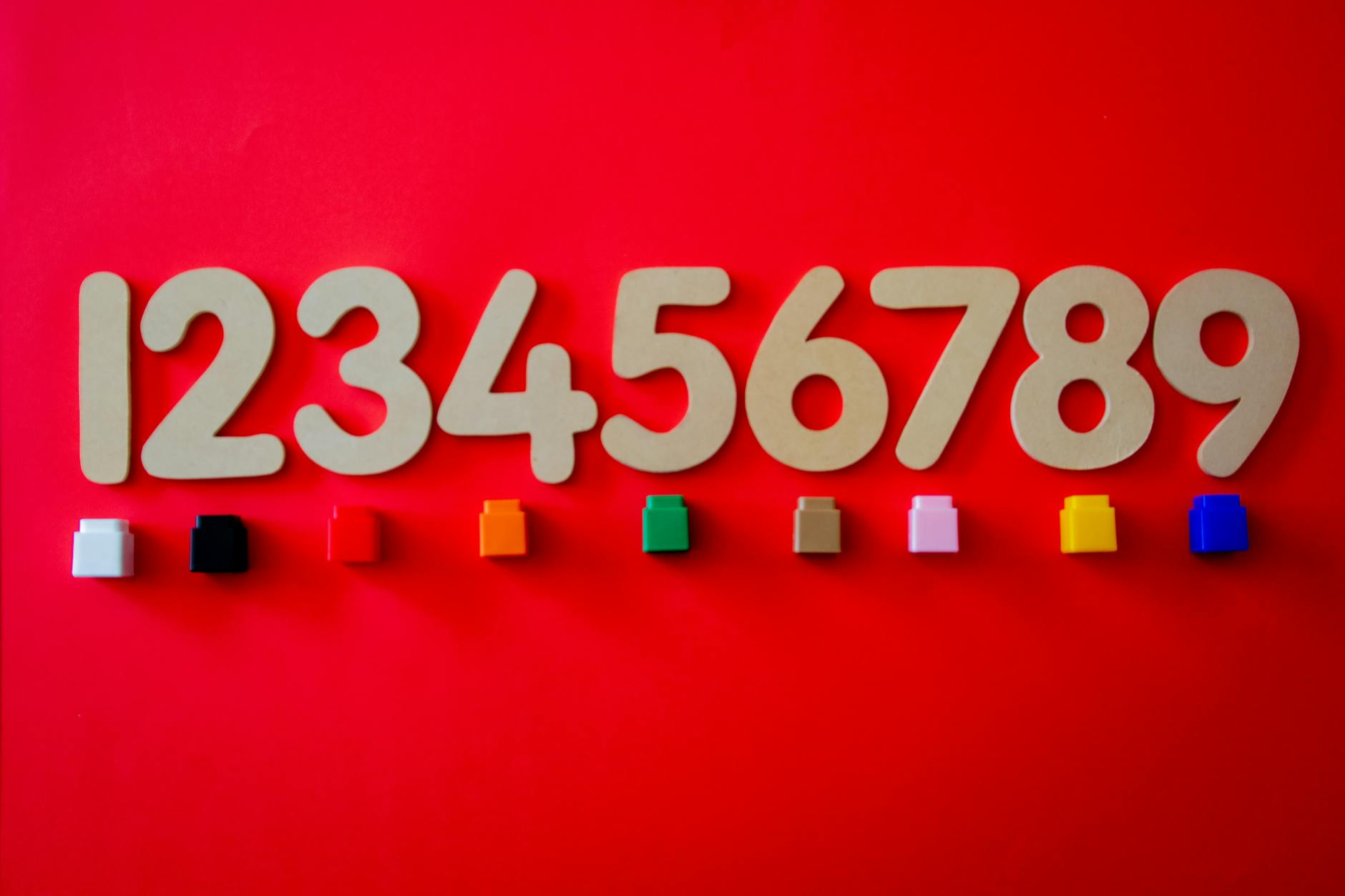
Math is supposed to be the most “objective” subject in school. Two plus two equals four, no matter who you are, right? But research shows the way we teach early math is full of bias—and those inequities start shaping kids’ identities before they even reach third grade.
That’s the focus of the Racial Justice in Early Math project, a collaboration between the Erikson Institute and the University of Illinois Chicago. The team is developing resources—books, classroom activities, teacher trainings—to help educators confront racial bias in how young children experience math.
As project director Priscila Pereira points out, bias isn’t just an individual teacher problem; it’s baked into structures like scripted curricula, under-resourced schools, and practices like ability grouping. Danny Bernard Martin, a professor at UIC, highlights how stereotypes like “Asians are good at math” and deficit narratives about Black children filter into classrooms, shaping expectations in damaging ways. Even the smallest teacher choices—who gets called on, whose creative solutions are validated—can reinforce or disrupt those narratives.
The initiative is working to equip educators with not just strategies but reflective spaces: webinars, fellowships, and immersive experiences where teachers and researchers can rethink what it means to create racial justice in early math classrooms. As Pereira puts it, “We just have to keep doing the work, because we know what’s right.”
It’s a reminder that math isn’t just about numbers—it’s about identity, power, and whose ideas we choose to value.
The Eclectic Educator is a free resource for everyone passionate about education and creativity. If you enjoy the content and want to support the newsletter, consider becoming a paid subscriber. Your support helps keep the insights and inspiration coming!